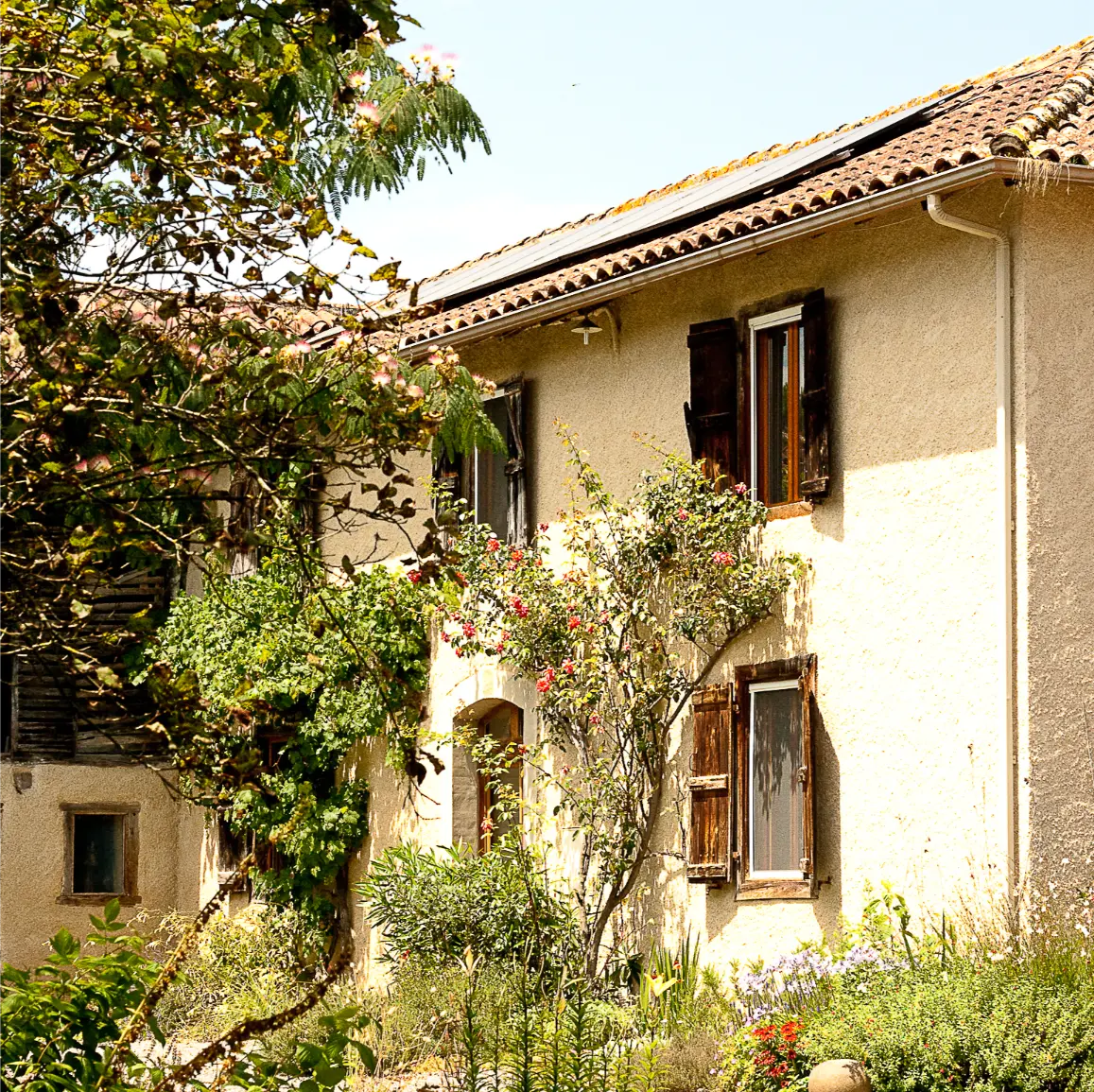Switching to Solar Power: A Sustainable Solution for Firing Electric Pottery Kilns?
- by Sue Ure
-

Transitioning to Green, Sustainable Energy
In response to the steep electricity price hikes over the past year, we have felt an increased urgency to reduce the environmental impact of both our business and home. The journey to a greener future began with inspiration from two friends, Henri and Marie-Nöelle, who successfully integrated solar power into their printing business.
Henri, ever the problem-solver, discovered a website offering tailor-made solar panel kits, complete with all necessary components for installation. Our home in southwest France, ideally positioned to capture abundant sunlight, became the perfect candidate for this green transformation. With 21 panels, we could generate sufficient energy to meet our needs, though not always at the exact times we required it.
Operating three electric kilns, each with an 8 to 10-hour firing cycle, presented a challenge: solar energy production does not always coincide with kiln operation. To address this, we followed our friends' lead and switched to an electricity supplier offering a “virtual battery” solution. This innovative system allows us to send surplus energy back to the grid, crediting our account, and drawing from it when needed. This method proves far more cost-effective than investing in large-scale batteries.

Nearly a year into this transition, the benefits are clear. By installing the panels ourselves, we significantly reduced initial costs. Evan, my partner, took on the installation, ensuring safety with meticulous preparation and relying on comprehensive online tutorials. Despite the stress, we successfully completed the project.

Choosing solar power means we not only use clean energy but also avoid reliance on nuclear energy, whose long-term costs and risks are not reflected in its price. This decision aligns with our commitment to sustainability.
Our commitment to green energy extends beyond our studio. During a visit to Midaya Ceramics in Sri Lanka, the manufacturer of our Ambit tableware collection, we discussed their solar power initiatives. Recently, Midaya installed 843 solar panels, generating approximately 616,975 kWh—70% of their factory’s energy needs. Covering 2,700 sq ft of roof space, the installation took three months. Encouraged by positive results, Midaya plans to expand their solar capacity to meet 100% of their energy requirements.
However, Midaya do not use this electricity to fire their kilns. Their experience and circumstances have led them to invest recently in a new highly efficient LPG gas kiln, which for them is the only way to realistically achieve the higher temperatures that they use. However, their green energy impacts every other aspect of their manufacturing process - from grinding the raw clay components to mixing the wet clay and slips in massive blungers - to the lighting and the fans keeping everyone cooler.


Additionally, their sister company, which produces cardboard boxes for shipping and presentation, is also approaching full energy self-sufficiency through solar power.
This shift to solar energy significantly reduces the environmental impact of both our brands. Our studio work in France and Ambit tableware in Sri Lanka now boast a greener footprint, from production to packaging.
Embrace Sustainable Craft Ceramics
At Sue Ure Maison and Sue Ure Ceramics, we believe in the power of sustainable practices. By choosing our eco-friendly craft ceramics, you support a greener future.






